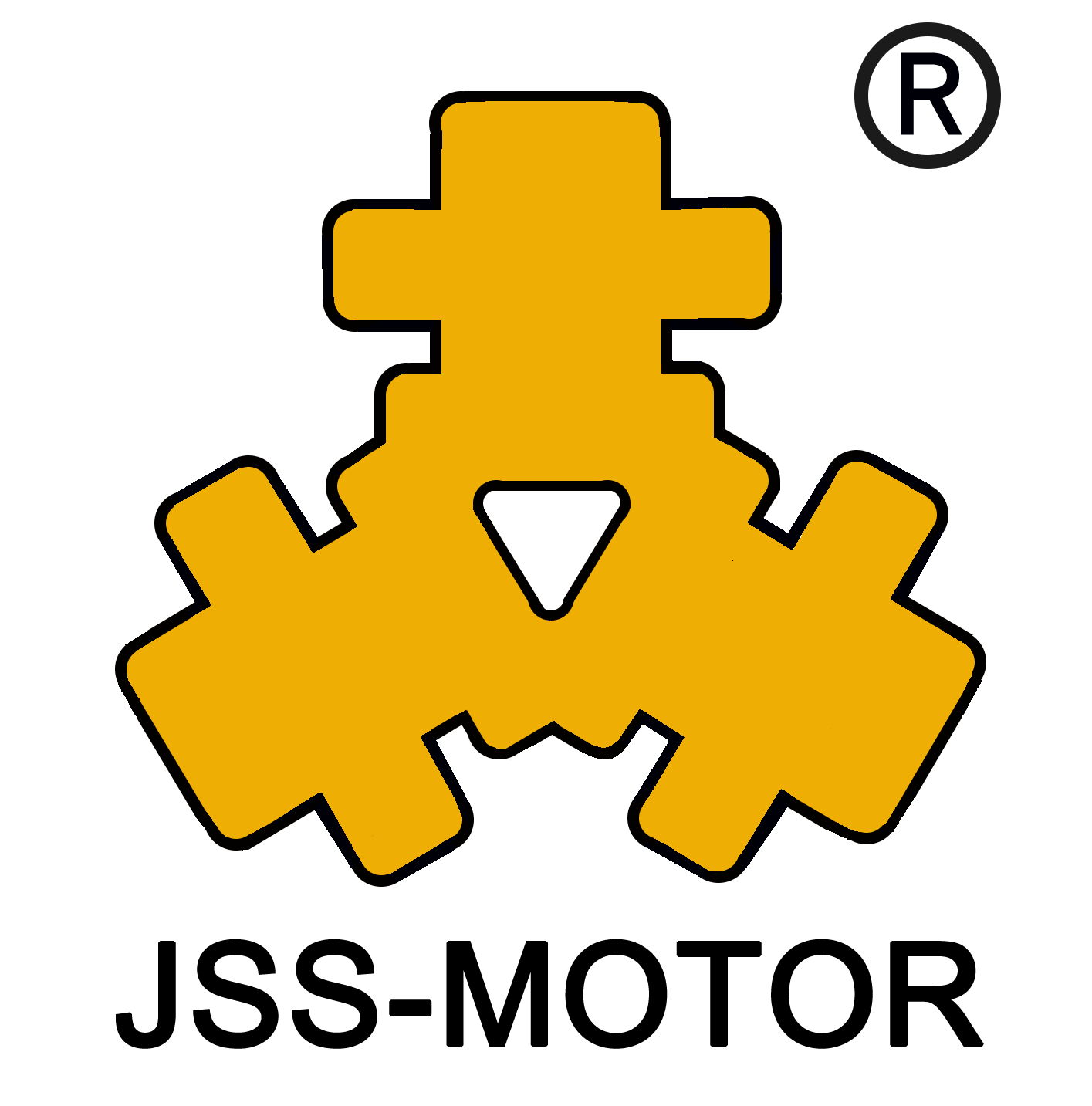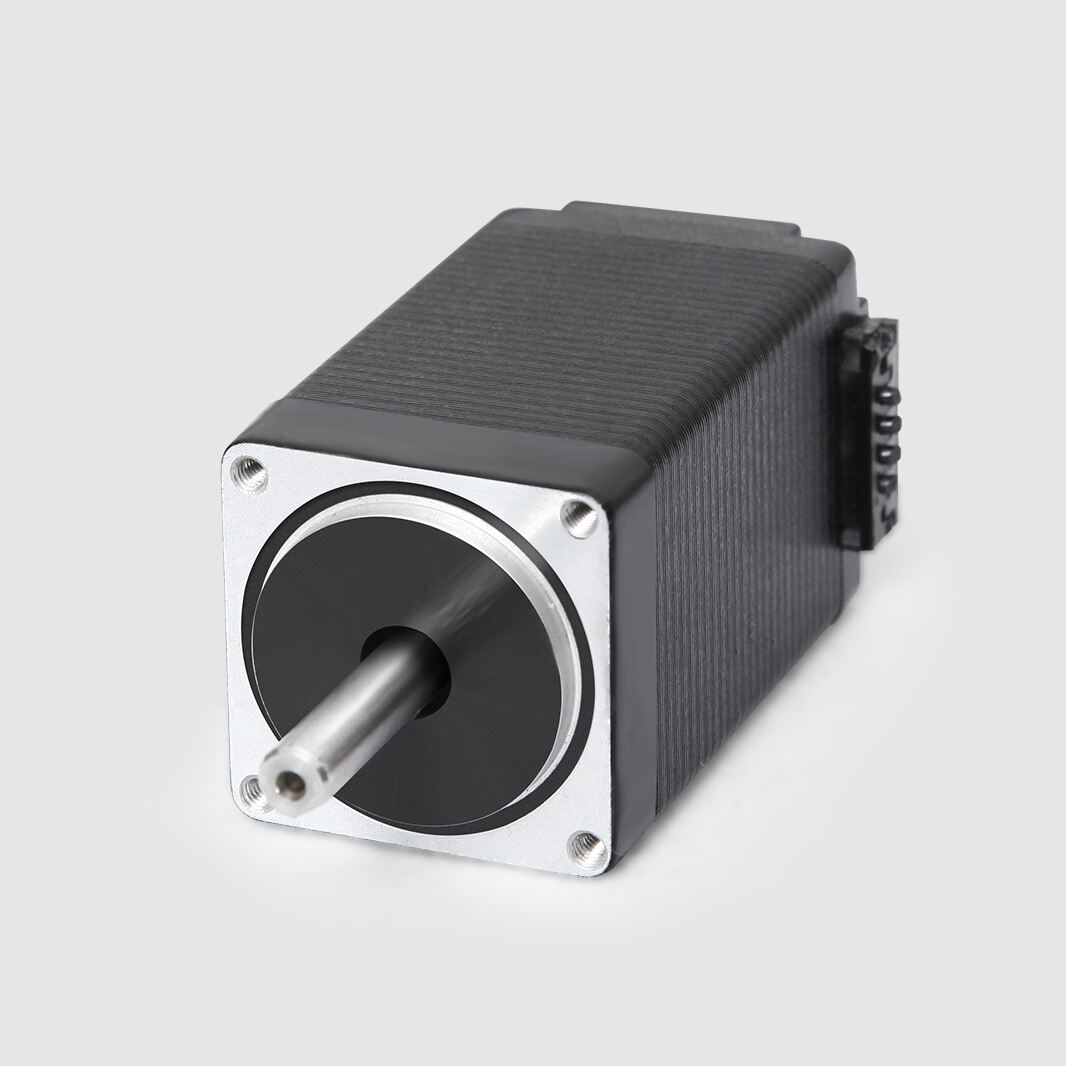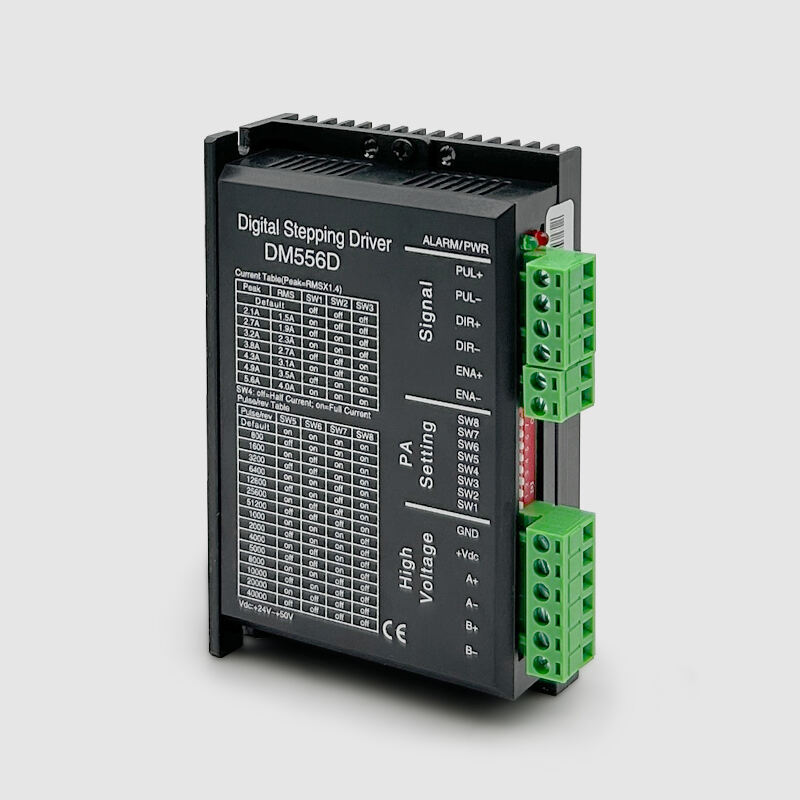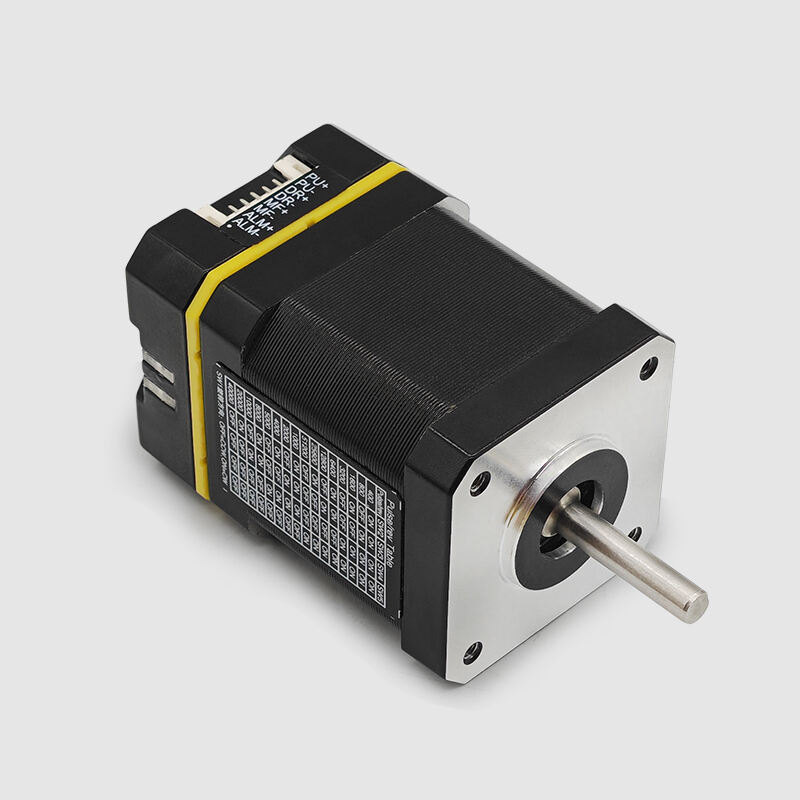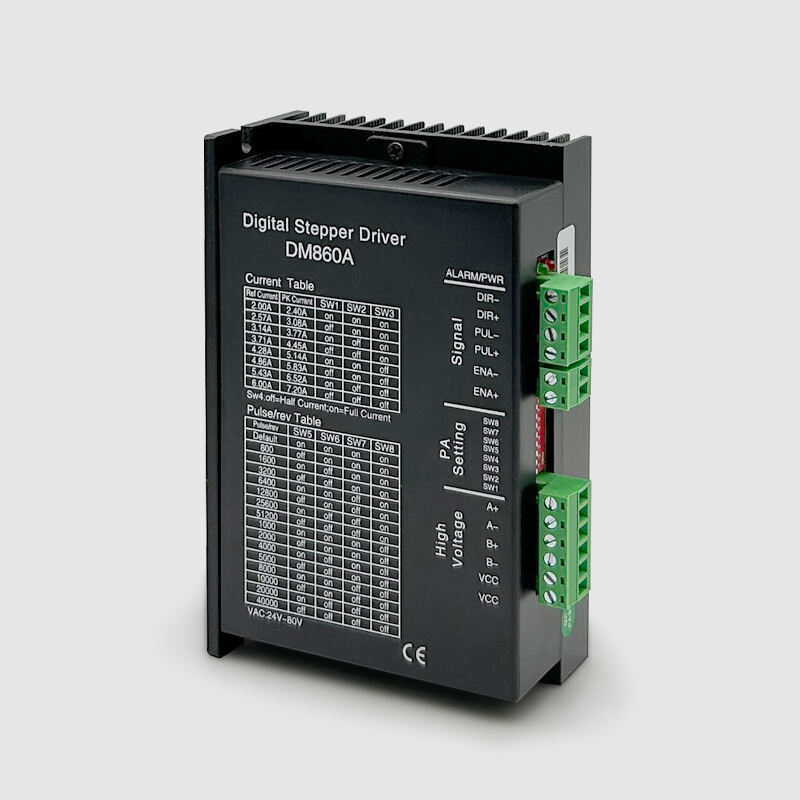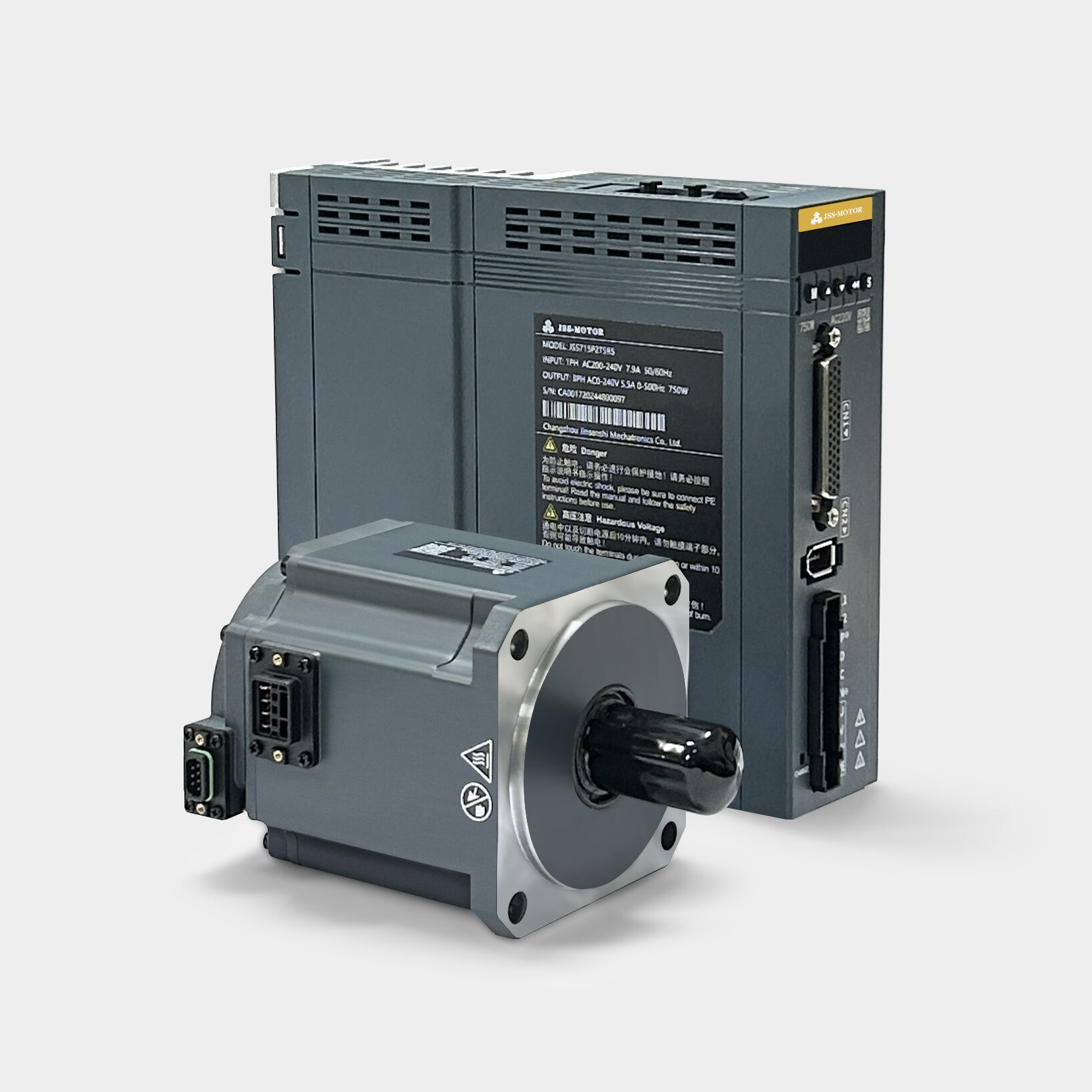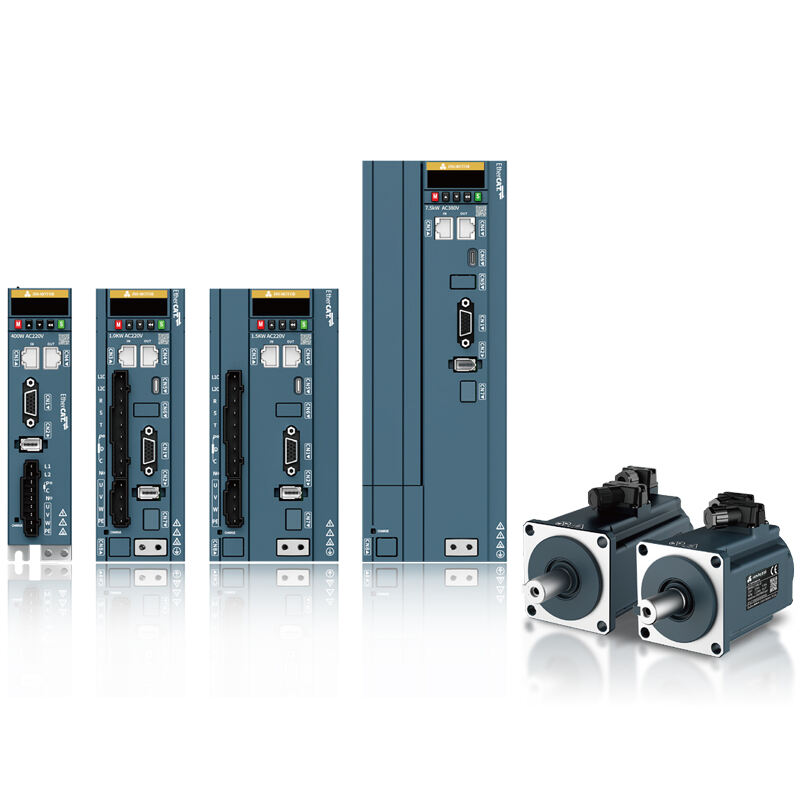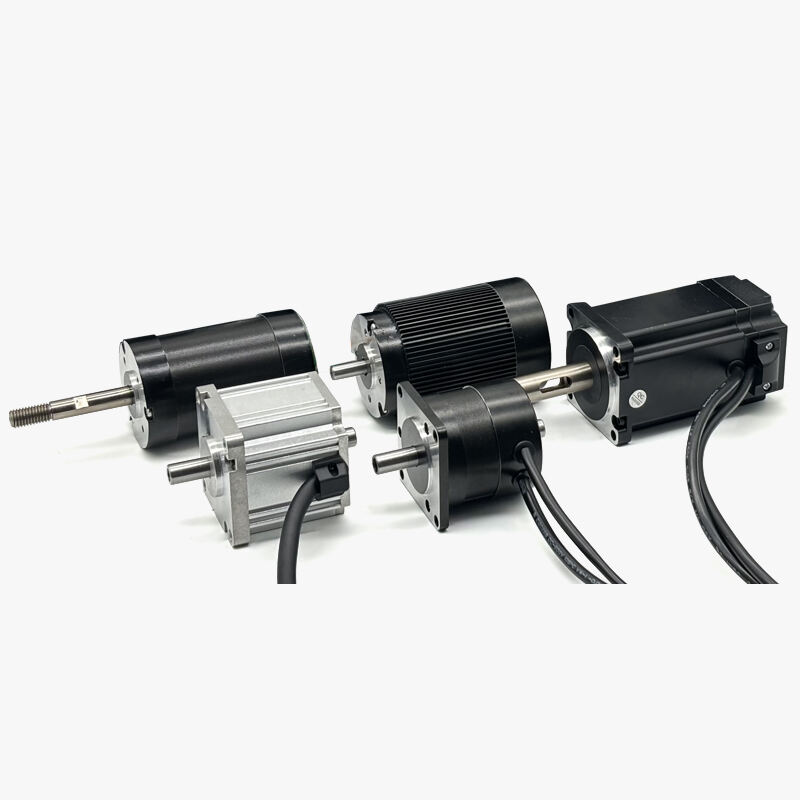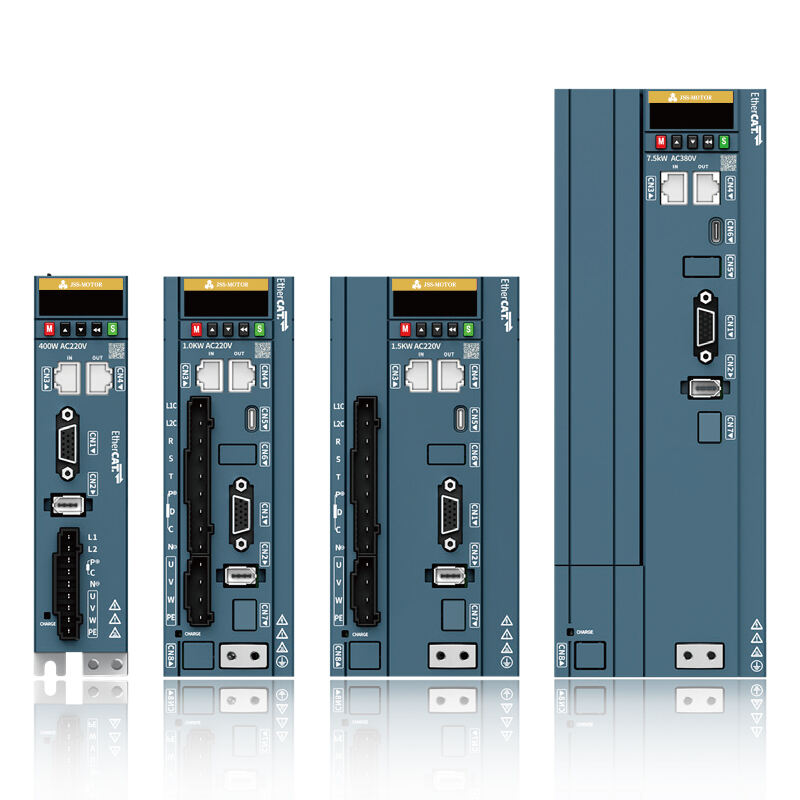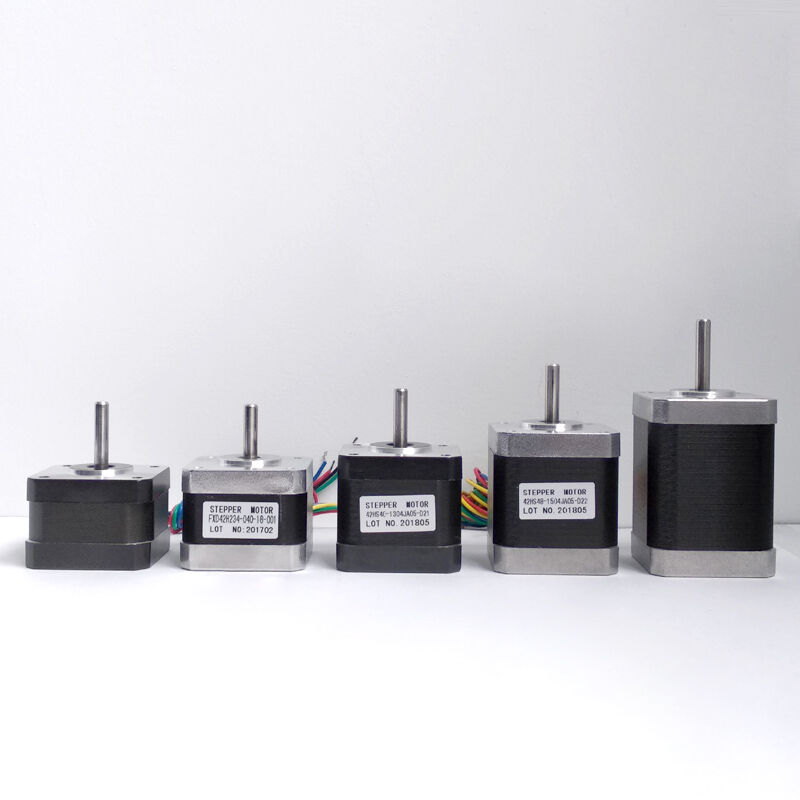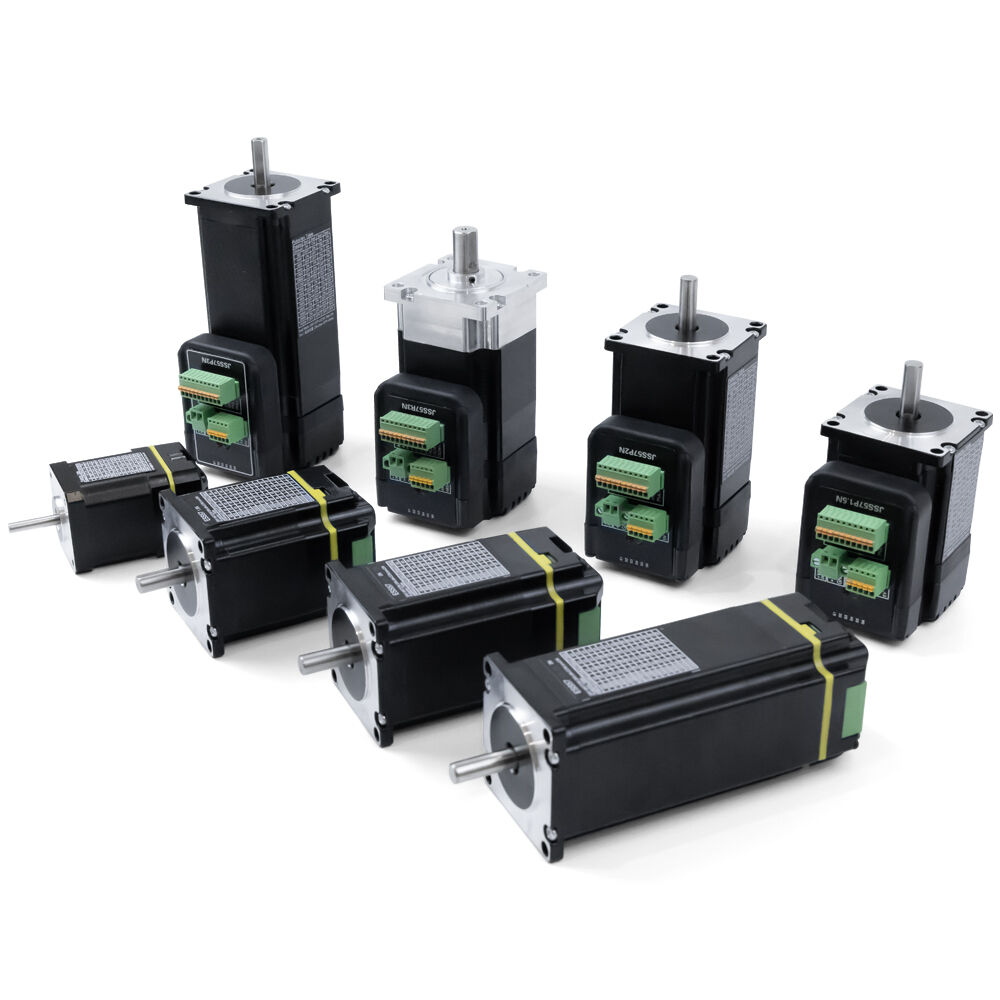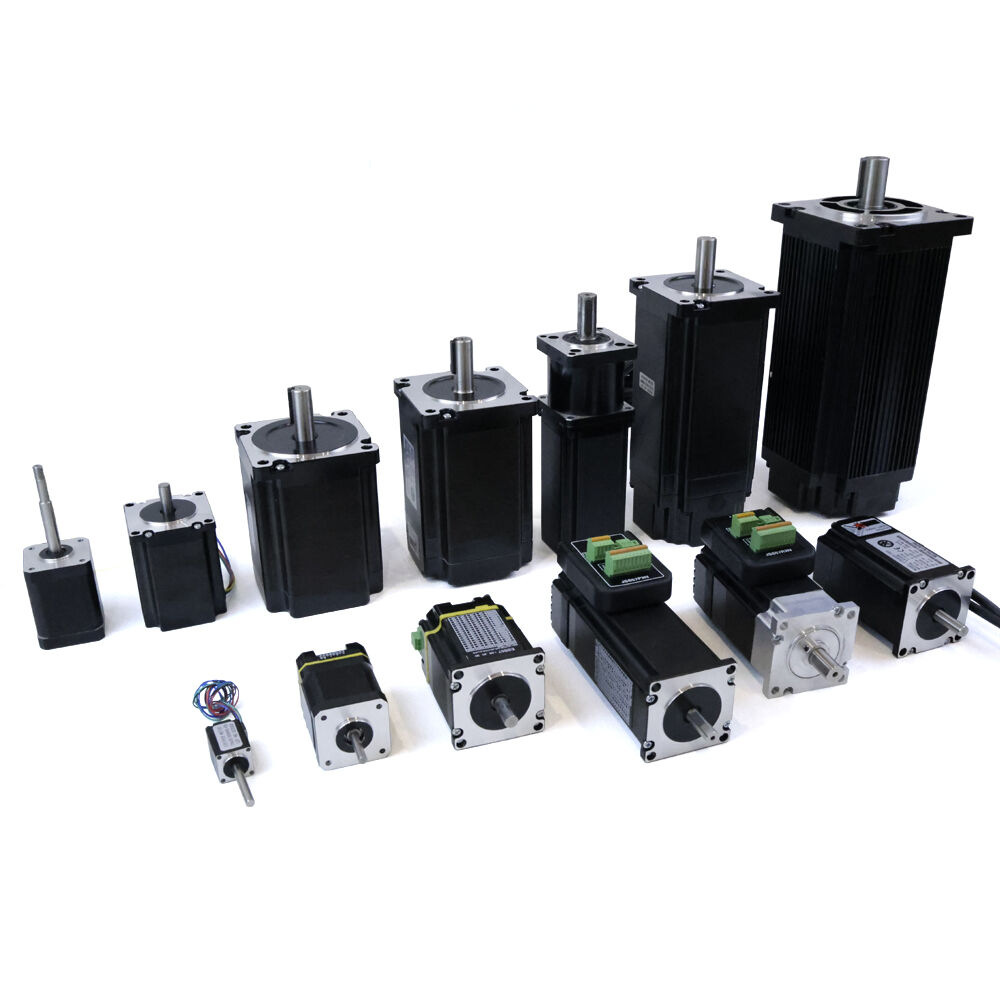Intelligent Control Systems with Comprehensive Programmability
The intelligent control systems integrated with modern step motors represent a paradigm shift in motion control technology, offering unprecedented programmability and adaptability for diverse industrial applications. These sophisticated control systems incorporate powerful microprocessors and advanced software algorithms that enable users to customize virtually every aspect of motor operation, from basic speed and position control to complex multi-axis coordination and adaptive performance optimization. Step motors and control systems benefit from intuitive programming interfaces that accommodate both novice users and experienced engineers, featuring graphical programming environments, parameterization wizards, and comprehensive diagnostic tools. The control systems support multiple programming languages and protocols, including G-code for CNC applications, PLC ladder logic integration, and high-level programming languages such as C++ and Python for custom application development. Advanced trajectory planning algorithms within these systems calculate optimal acceleration and deceleration profiles automatically, minimizing settling time while preventing mechanical stress and ensuring smooth operation across all speed ranges. The intelligent control systems continuously monitor operational parameters including motor current, temperature, and performance metrics, providing real-time feedback and enabling predictive maintenance strategies that reduce downtime and extend equipment life. Programmable input and output functionality allows step motors and control systems to interface directly with sensors, switches, and other automation devices, creating integrated motion control solutions without requiring additional hardware components. The control systems feature extensive memory capacity for storing multiple motion programs, positioning sequences, and configuration profiles, enabling quick changeover between different operational modes or product configurations. Network connectivity options including Ethernet, Wi-Fi, and industrial communication protocols enable remote monitoring, programming, and diagnostics, supporting Industry 4.0 initiatives and smart manufacturing concepts. Auto-tuning capabilities automatically optimize control parameters based on connected motor characteristics and load conditions, eliminating time-consuming manual calibration procedures and ensuring optimal performance from initial installation. The systems incorporate sophisticated error detection and recovery mechanisms that identify potential issues before they impact production, including stall detection, overcurrent protection, and thermal monitoring with automatic derating capabilities. Users can implement complex conditional logic, mathematical calculations, and data logging functions directly within the control system, reducing the need for external processing devices and simplifying system architecture while enhancing reliability and reducing costs.
